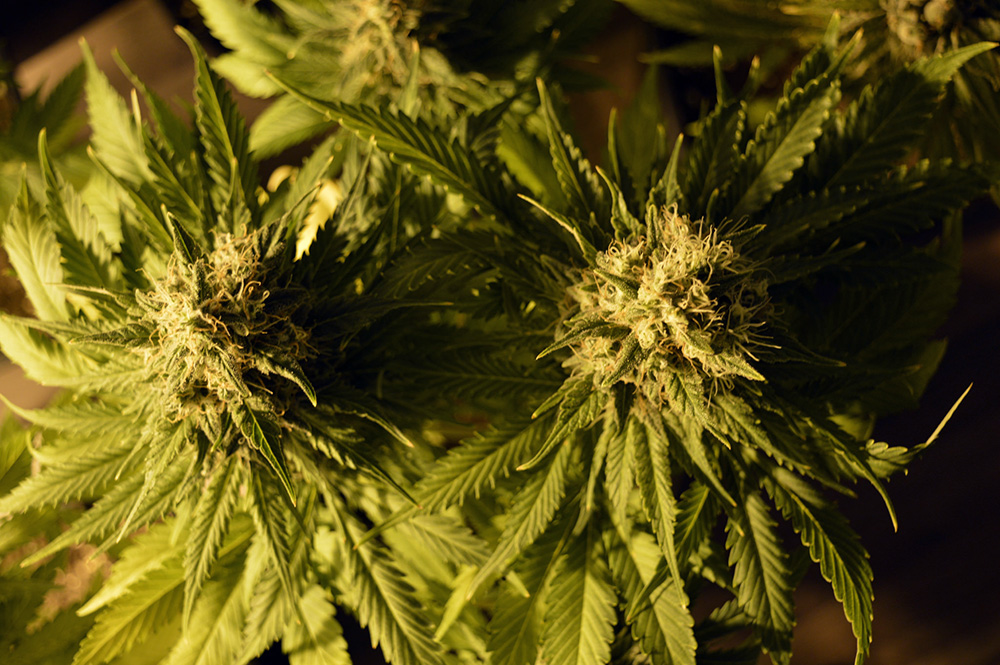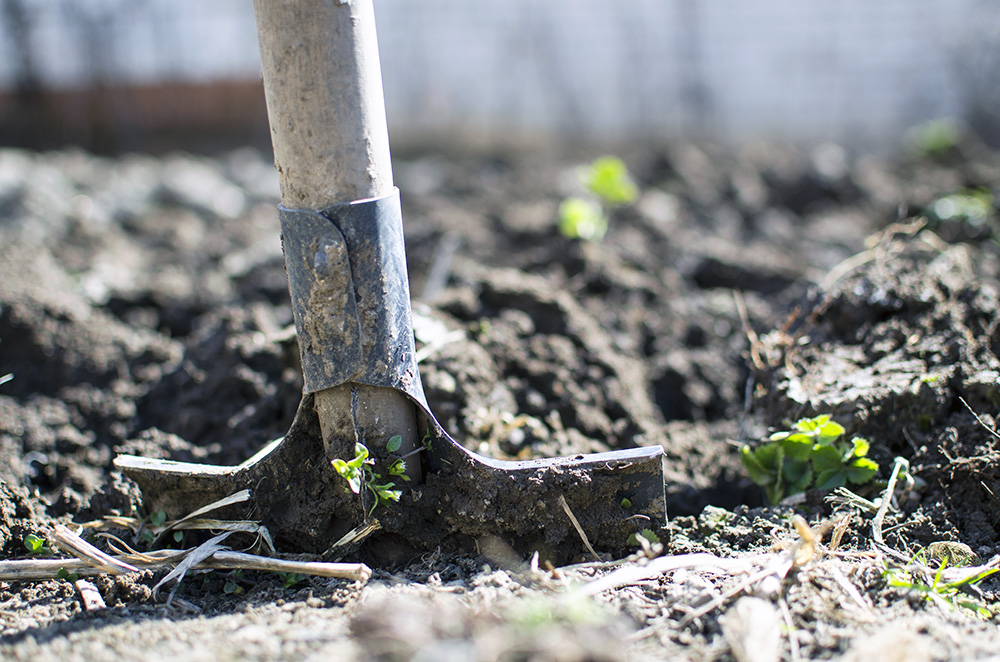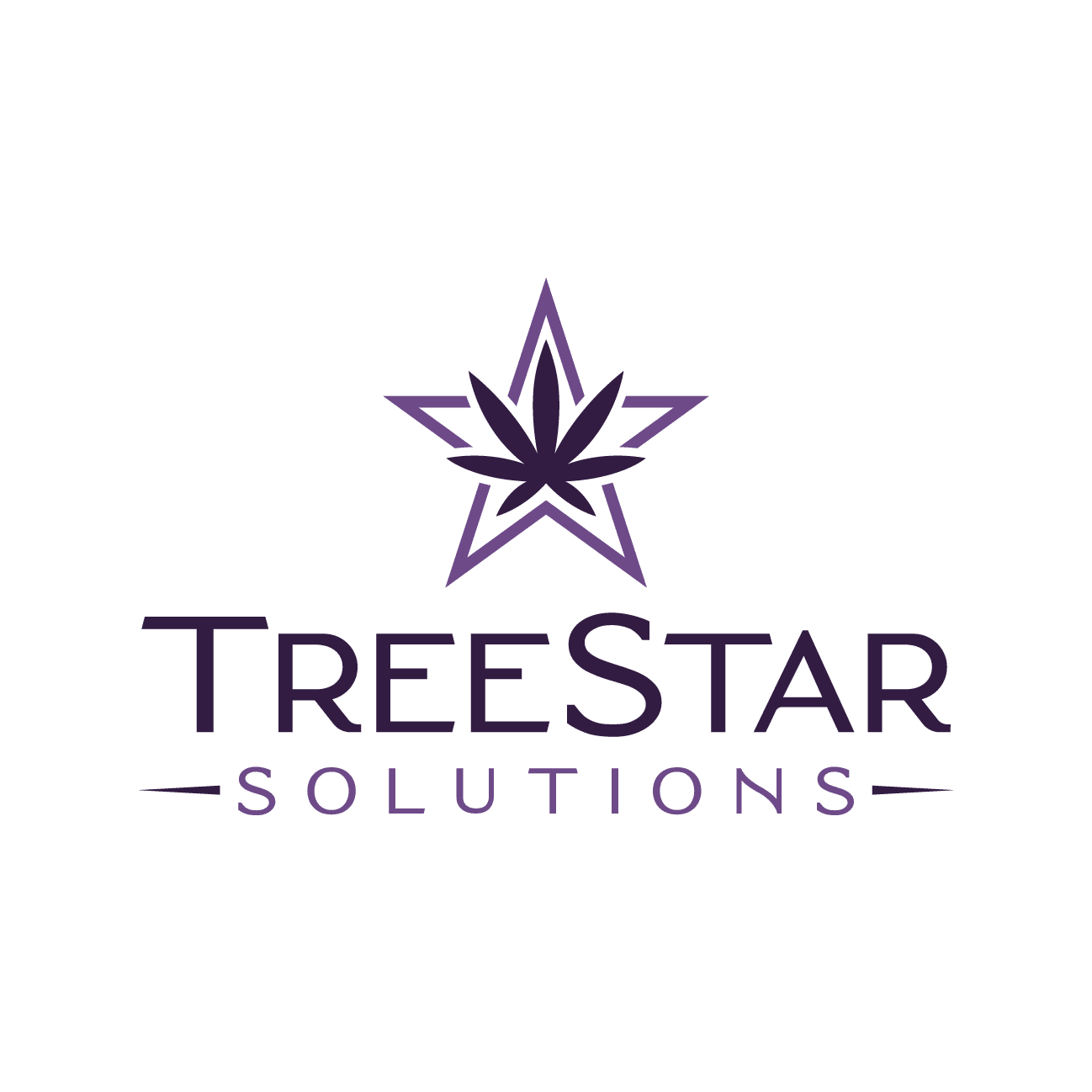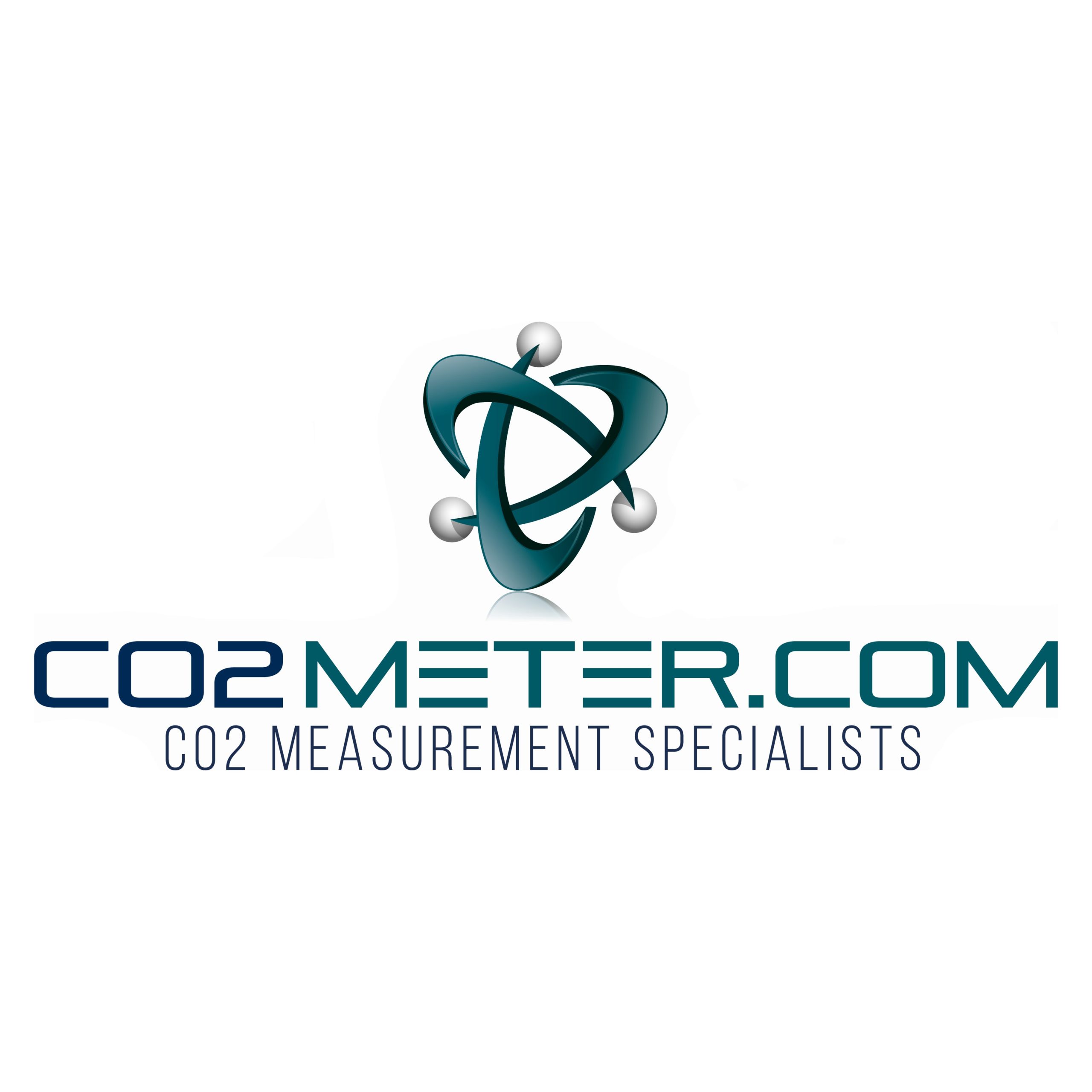Times are changing. In decades past, for individuals operating a home-based cannabis cultivation operation, the prospect of including this experience on a resume and subsequent job search has been a fantasy, afterthought, or impossibility. Nevertheless, cannabis growing is rapidly transforming from a secretive enterprise into a legitimate and respected profession. As evidenced by the voice of the American people in the November 2016 elections, the era of the professional modern grower has arrived.
Most importantly, knowledgeable, disciplined, and versatile cannabis growers have become highly pursued assets in the contemporary business world. For those cannabis cultivators ready to make the transition into the professional hydroponics and cannabis industries, a resume will be required.

Competency Based Hiring and Recruiting
In the crafting of resumes geared towards the legitimate cannabis business, growers can utilize “the competency based model” of hiring and recruiting to generate an informative and up-to-date document. Competencies should be thought of as specific skills and behaviors that contribute to success in the workplace.
Furthermore, this model includes skills and knowledge obtained through practical experience, as opposed to employment positions. Therefore, competencies can be used as tools to translate the skill-sets of underground cannabis growing into marketable assets. To elaborate, for a cannabis grower, a familiarity with regulating climactic fluctuations in a greenhouse environment would be considered an occupational competency.
Home-Based Cannabis Growing Presented in Resume Format
Constructing an informative resume for the hydroponics and cannabis business will be a different process than building the traditional resume. It is important to remember that this is a novel job market and a majority of candidates do not have formal, commercial cannabis growing work experience. As a result, during the hiring process companies will be most attracted to candidates who explain their cultivation talents effectively.
Cannabis growers want to be as specific as possible in their resumes to highlight applicable skill-sets for any given position. This is because, according to the competency based model, potential employers are most interested in specific actions that candidates have taken in the past which are applicable to future occupations and endeavors. For example, if an experienced greenhouse cultivator applicant is interested in acquiring a head-grower position in a commercial greenhouse setting, in-depth knowledge concerning pest control will be an essential competency. To elaborate, pest control in a cannabis garden involves both the foresight to avoid potential problems in the operation with sanitation, as well as the ability to effectively solve issues as they arise with spraying.

In order to express how specific actions are used to solve problems in the workplace, descriptions of abilities on a resume should always begin with verbs. To illustrate, the phrases “Advanced a deep appreciation for sterilization in a greenhouse environment” and “Eradicated or avoided harmful pests, mildews, and molds with organic sprays” market pest management competency by highlighting competencies through specific actions.
Finally, a resume is the beginning of a relationship with an employer and maintaining honesty and integrity with this document will lay the cornerstone of a successful career. Listed below are three sections which are included in all resumes:
Skills and Capabilities
For artisanal cannabis growers, this section should comprise the introduction of the resume. In this segment, the competency based model should be utilized to market cannabis cultivation knowledge as the primary asset of the candidate (as opposed to a traditional “inverse employment history” section). These skill-sets should be described under sub headings (sample descriptions included below):
- Artisanal Greenhouse Management presents the various gardening competencies involved with atmospheric and operational control in a greenhouse. These skills should be further displayed with descriptions such as “Developed expertise with industrial fans, inline fans, atmospheric controllers, cooling walls, heating devices, and dehumidifiers.”
- Cannabis Cultivation exhibits a cannabis grower’s specific familiarities with the actual cultivation process. The phrase “Gained intimate understanding of a variety of cannabis genetics and phenotypes: NY Diesel, Gorilla Glue #4, Tahoe Kush, Blue Dream, Chem Dog, Cherry Pie” depicts this competency nicely.
- Time Management and Planning illuminates the organizational competencies and foresight necessary for a bountiful cannabis harvest. An example of these descriptions would be “Mastered the time schedule for the successful greenhouse flowering of cannabis year round using ‘black-out’ tarps and supplemental lighting.”
Education/Training
The job market in the cannabis industry is competitive and college degrees of any form will definitely help candidates stand out in a prospect pool. When marketing education experience on a resume, again look to skill-sets in deciding what elements of one’s education are applicable in obtaining a specific position. For example, the phrase “Practiced using Word, Excel, PowerPoint, and MS Office” shows that a candidate is fluent in modern computer technology, an asset necessary in almost any professional capacity today.
Professional History
Candidates should include artisanal/home-based cannabis growing employment on a resume. A proper description of this professional experience is “Medicinal Cannabis Cultivator: Entrepreneurial/Non-Profit (2011-Current).” A tasteful description of this experience is “Produced exceptional organic cannabis for medical dispensaries in California.”
If one’s “real-world” professional history has nothing to do with the cannabis industry, they can again utilize the competency based model to isolate transferable skill-sets. This concept requires some creativity but can be rewarding. For example, if an applicant works as a line cook in a restaurant, they can exhibit their transferable aptitudes as “Perfected multi-tasking abilities” as well as “Expanded a ‘sense of urgency’ in the workplace through high-pressure work scenarios.”
Editors note: This article was originally featured in the February 2017 edition of Hydrolife Magazine.
Get daily cannabis business news updates. Subscribe
End



